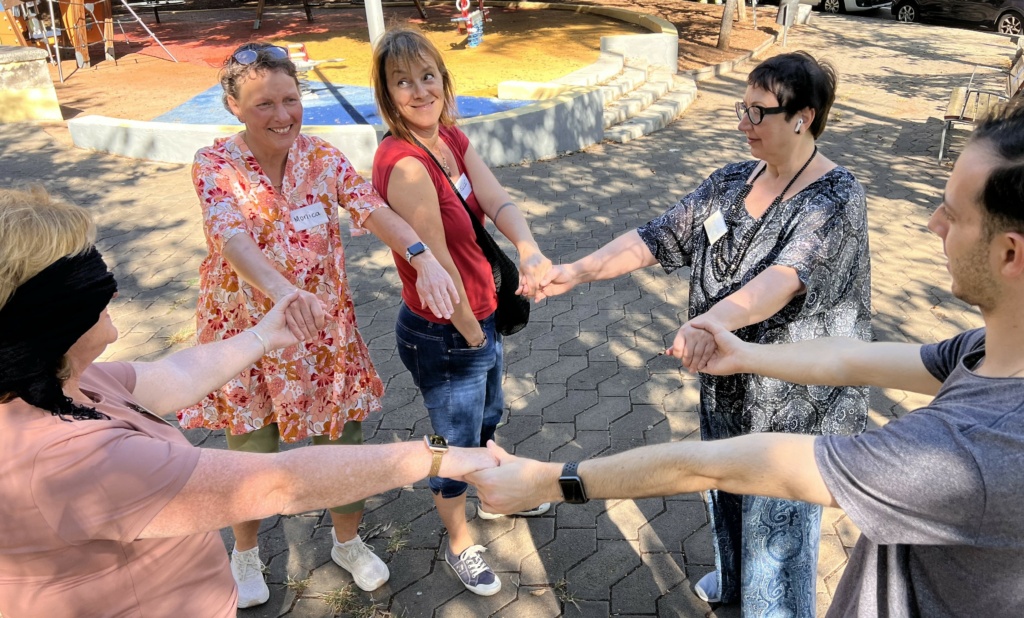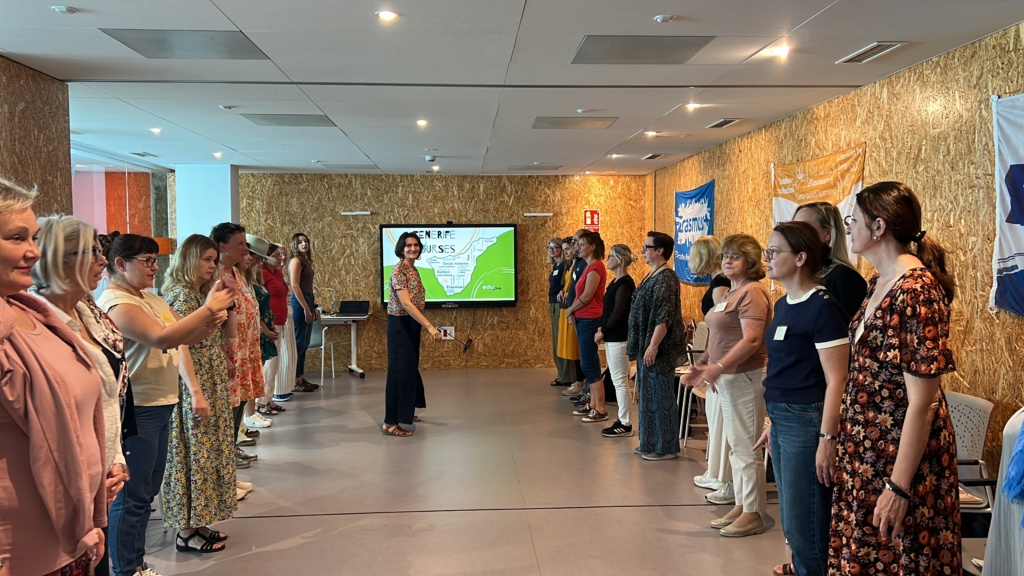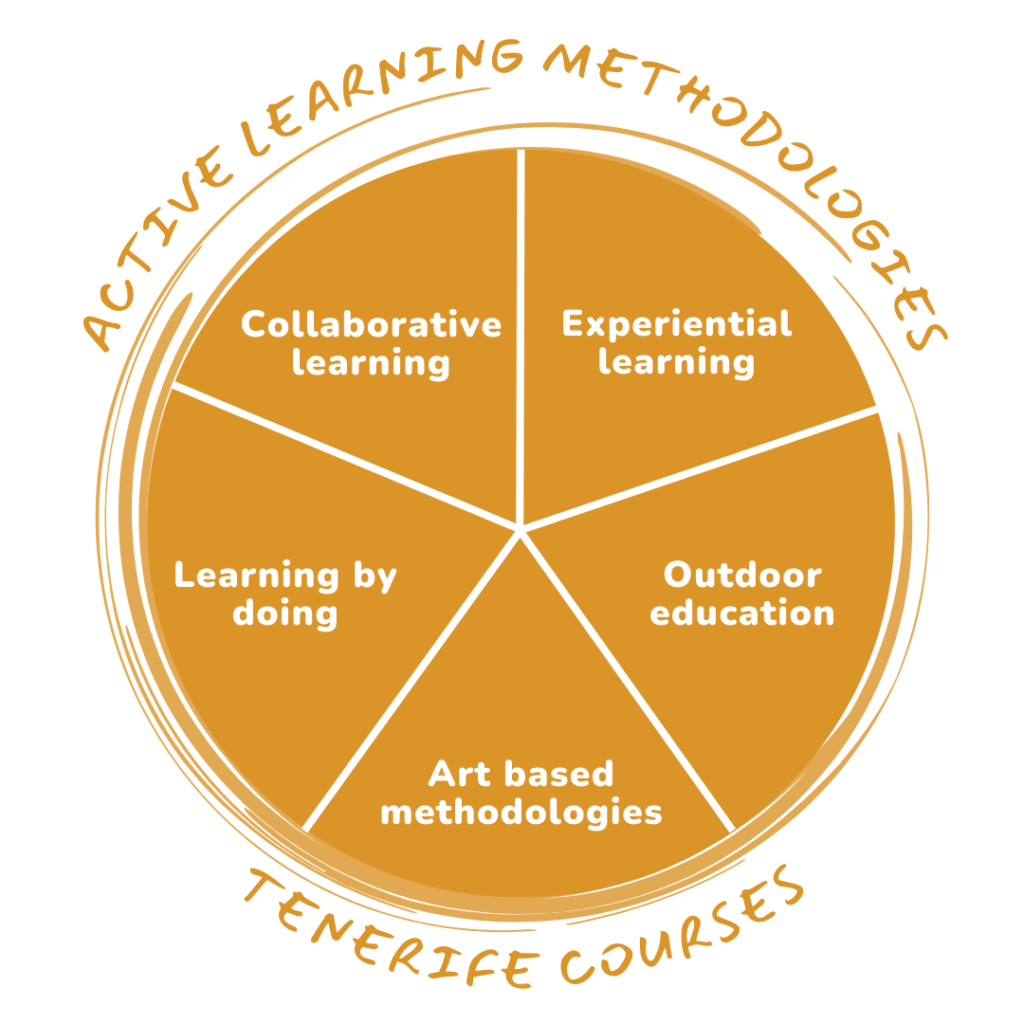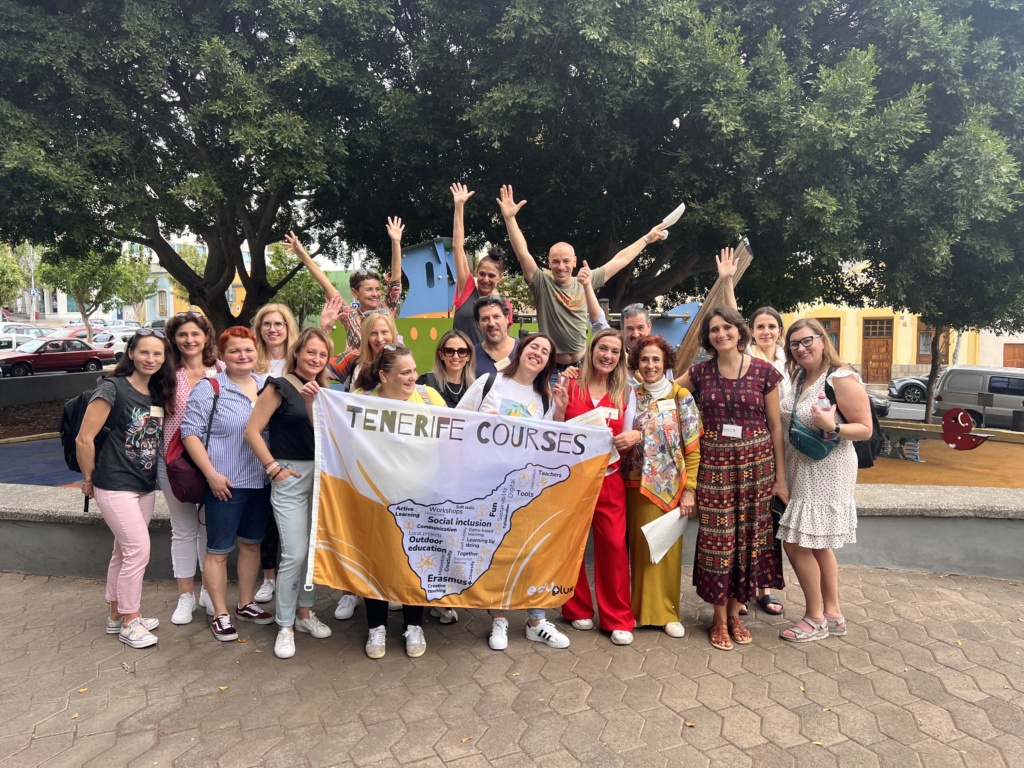Promoting democratic participation, social inclusion and intercultural dialogue through active learning methods
Acquire the skills to promote democratic participation and social inclusion, key priorities of Erasmus+. Engage in non-formal education activities to experience and learn methods for teaching participatory skills, active citizenship, and community involvement. Gain insights into fostering intercultural dialogue and inclusive practices for positive social change.



Methodology:
Our focus is on showing the participants how the learners’ motivation increases when they become the actors of their own learning because the teacher takes the role of facilitator or learning guide.
Energizers, games and group reflections are foreseen daily in order to ensure a positive energy and a cooperative learning climate in the group.
We tailor our working methods based upon the participants‘ needs and professional profiles in order to ensure easier adaptability and application of the tools to the real life.
We will take care of you
-
- Support and Emergency Helpline Whatsapp group with all participants for easy communication and interaction between each other.
- Useful pdf presentation with the most important information about food, transportation and places to visit in Tenerife.
- Free afternoons to explore beauty of Tenerife.
- Visit to Teide National Park – optional.
- No requirements for accommodation, you can choose whatever you want (in the city where the course takes place).
After course:
- Teaching materials in pdf to use in your classes afterwards.
- Photos for dissemination.
- The certificate of attendance and support with all documents needed.

